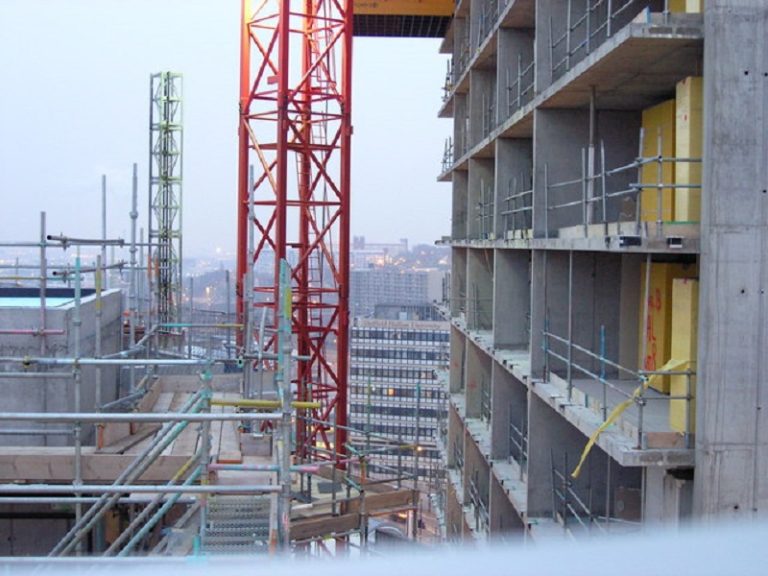New President of the Federation of Master Builders (FMB), Gary Lewis, says that he will be focussing on boosting the quality and quantity of apprenticeships through construction SMEs. At the National AGM and Conference in Newport, Wales, on September 10, Gary Lewis was elected National President of the FMB, which is the largest construction trade association in the UK. National President of the FMB, Gary Lewis, said that he has always been passionate about passing on his knowledge to the next generation and ensuring that they have sufficient skilled workers in the construction sector. Lewis continued: “My own firm is one of the many thousands of SMEs that provides broad-skilled apprenticeships. Indeed, two-thirds of all construction apprentices are trained by SME firms like mine. “FMB members are already playing a pivotal role in improving the quality of apprenticeships through the development of two new Trailblazer standards in bricklaying and plastering. However, root and branch changes to apprenticeship policy are on the horizon with the implementation of the new Government Apprenticeship Levy and the corresponding reforms to the CITB levy.” Lewis also said that these fundamental changes could make or break the quality and quantity of apprenticeship training and it is therefore crucial that the FMB ensures that the new system works for smaller firms, or else they could risk exacerbating the construction skills crisis. He said that as the FMB is celebrating its 75th year, he feels privileged to play a role in leading an organisation that stands for quality and professionalism in the building trade, adding that the FMB has made great strides forward over the last few years. At the National AGM and Conference, Arthur McArdle was elected as the new National Vice President of the FMB and Dave Bentley, the former FMB National President, will now serve as the Immediate Past President.





